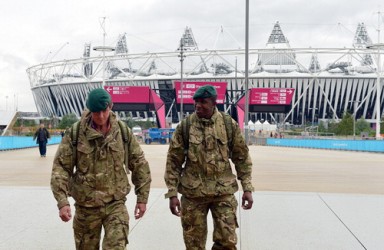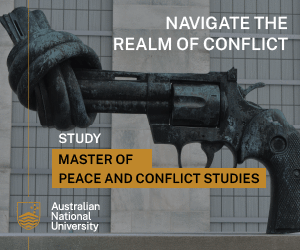Obama’s Cautious Step Forward on Middle Eastern Democracy
To seize the opportunity of this historic moment of political change and support democratization in the Arab world, Obama needs to fill in the details of how the USA and the international community will offer concrete, sizeable and sustained help towards securing political reforms throughout the region in the coming months and years.
Ahmadinejad and the Politics of Mahdism in Iran
The need to resort to strategic symbols like Mahdi is to some degree the result of the Persian cultural trait of ta’arof which discourages direct confrontation and criticism. Westerners, bewildered by such peculiarities, often fall back on what they know best, Iran’s foreign affairs, while overlooking the domestic aspects that fuel Iranian behavior.
Democratic Peace Theory: An Appropriate Guide to Foreign Policy?
A liberal foreign policy based on the assumption of DPT – that liberal democracies will be less likely to go to war with each other – does have flaws and weaknesses. While fixing these flaws and strengthening these weaknesses may be difficult, time-consuming and painful, the promise of peace is surely worth the effort.
What Motivates Islamic Political Organisations in the Middle East?
The fact that Hamas and Hezbollah have participated in elections does not necessarily mean that they have abandoned Islamist ideology. The very term ‘Islamist’, or at least its application, is highly problematic. Furthermore, all Islamist organisations are very different, and are constrained by the institutional rules of participation to differing degrees.
Angus Calder’s ‘The Myth of the Blitz’
The Myth of the Blitz remains an important milestone in the critical analysis of the memory of the Second World War in Britain. Its nuanced treatment of various complex and inter-related topics, and its informative examination of the origins and uses of popular memory, set it apart from other more polemical texts and laid the foundations for future revisionism.
Are international institutions necessary for global peace and security?
International institutions are generally the results of leading states. Therefore, it is world powers that could eventually, under conditions of extreme political will, promote global peace and security and not the international institutions they have created in order to build their spheres of influence and increase their power in the international system.










